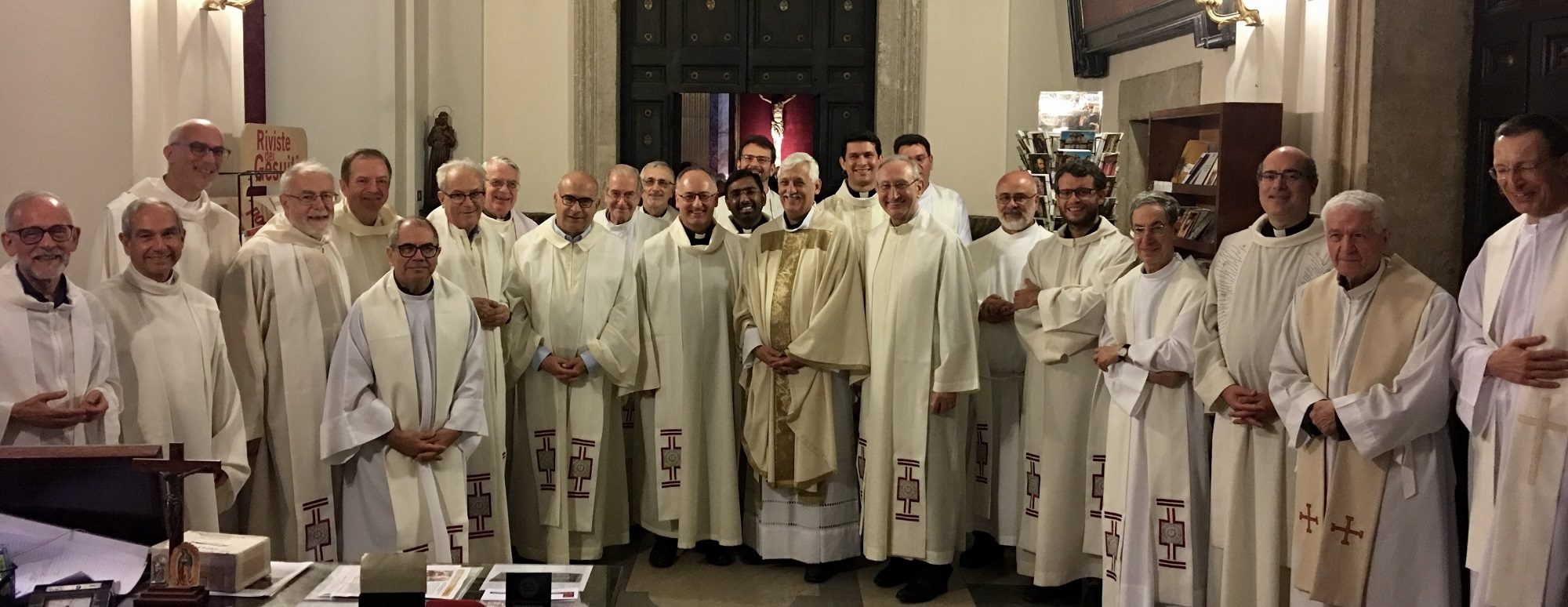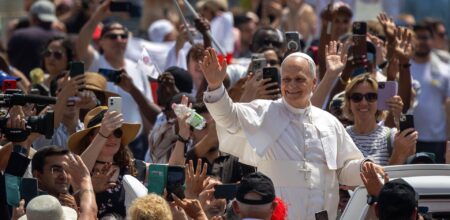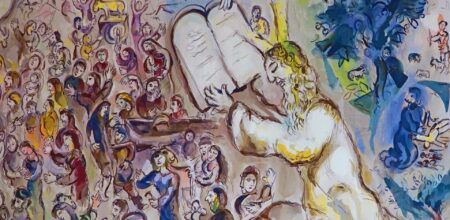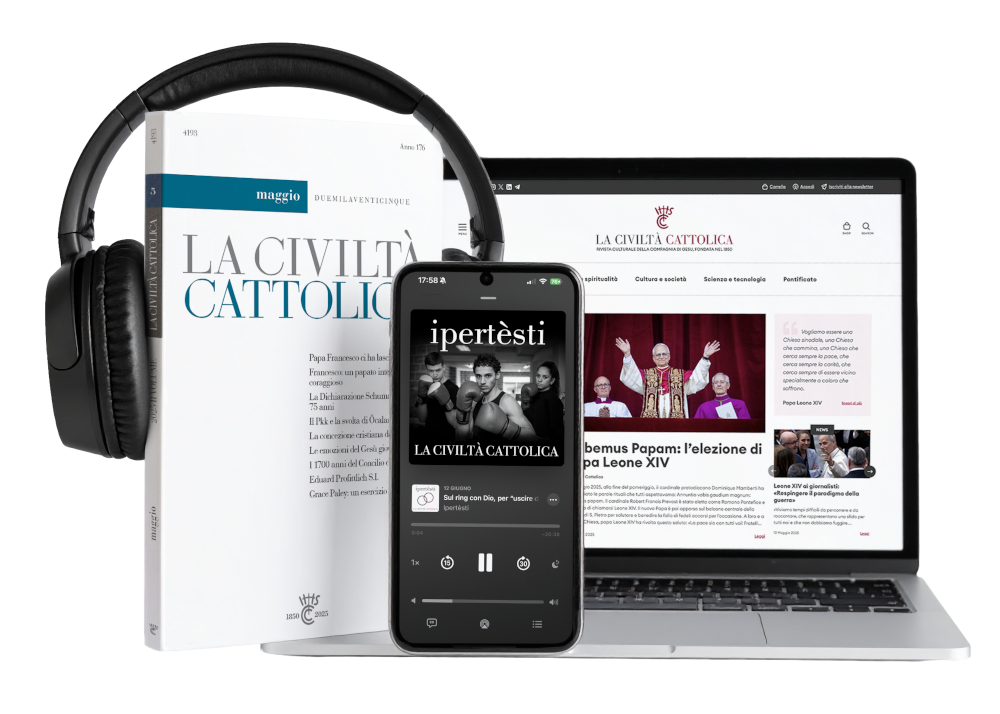
|
|
Homily of the Mass of thanksgiving for 4000th issue of “La Civiltà Cattolica”
Feast of the Holy Trinity
June 11, 2017
It isn’t possible to «understand» anything of God without experiencing grace, love and communion. I say experience in the most human and intricate meaning of this word.
To have the experience of grace means being capable of offering yourself freely as Jesus did in the Incarnation emptying himself and assuming a condition as a slave, becoming like human beings (Phil 2:7).
To experience love it is necessary to set aside your own wants and interests to have firmly the good of others in your heart and to take delight in the life of others.
Communion is experienced when the merciful heart guides us on the path of forgiveness.
The experience of grace, love and communion begins from hearing the call and joyously accepting the ministry of reconciliation.
In Psalm 33:13-15 we read: The Lord looks down from heaven, he sees the whole human race; from where he sits he watches all who live on the earth, he who molds every heart and takes note all that they do.
Since the Lord has molded our hearts, we are able to have the experience of grace, love and communion.
We have been created in the image and likeness of this God revealed as a community of love.
The path of forgiveness leads us to remove the obstacles to this experience, namely, our sins.
God, says the psalmist, sees and watches all who live on the earth. We know well the Contemplation of the Incarnation proposed by St Ignatius in the Spiritual Exercises [101-109].
He invites us to make ours the gaze of the Trinity and to appreciate all who live on the earth with their cultural diversity, in their activities, with their suffering and their dreams.
It seems to me that the great challenge of Civiltà Cattolica was and will continue to be that of faithfulness to its reason for being: seeing the world with the gaze of the Trinity.
The Trinitarian gaze is not only a knowledgeable and analytic gaze, capable of focusing on causes and consequences. It is a gaze of the heart, touched by the particular richness of every person, of every culture, of every people, of every situation. It is a gaze that is able to touch as well the hearts of others in their anxieties and hopes.
Seeing the world, that is, every person, culture and situation, like the Trinity sees them, is the condition of discernment as a process that allows us to perceive, to understand and to follow God’s action in human history. The mission of Civiltá Cattolica is not limited to communicating what happens in the Church and the world. The mission of Civiltà Cattolica is precisely that of discerning the historic process of the Church and the world. Namely to find the signs of the Holy Spirit’s action in our times and to examine what happens in his light.
The Trinitarian gaze is not a cold and passive gaze. Quite the opposite: it is a gaze that begins from the heart and is therefore warm. It is a gaze that leads to action, to lending a hand in the diversity of situations. The Ignatian contemplation expresses it thus: they determine from all eternity that the second Person shall become man to save the human race [102]. Acquiring the gaze of the Trinity on the world means to participate in the work of salvation of the human race, contributing with all your heart to the mission of Christ. Here’s the mission of Civiltà Cattolica: to seek and to find the will of God, discerning the footstep of the Spirit in our time, and thus participating in the redemption of Humanity, with all its consequences.
A means of communication is, by its very nature, social. La Civiltà Cattolica, as a consequence of having acquired the Trinitarian gaze and of wanting to contribute to the salvation of human beings, becomes an instrument of communion, that is a contribution to the complex task of realizing a humanity reconciled with itself, with creation and with God.
Created in the image of the One and Triune God, we are called to live in communion among persons, cultures and peoples. The gaze on the current world points out how far the level of communion achieved is with respect to the Trinity itself. That is, the redemptive work of the human race is certainly not yet finished, rather, it is very far from its completion. 4007 issues spanning 167 years is a good contribution. But there is still a lot to do.
The saving presence of the Trinity in the world is therefore not finished. When there are so many actions against it everywhere, our faith involves us fully in this mission of contributing to the communion among human beings. Let us ask for the grace necessary for our personal and community conversion so that the love experienced helps us to strengthen our commitment and to live it with greater effectiveness and humility.














